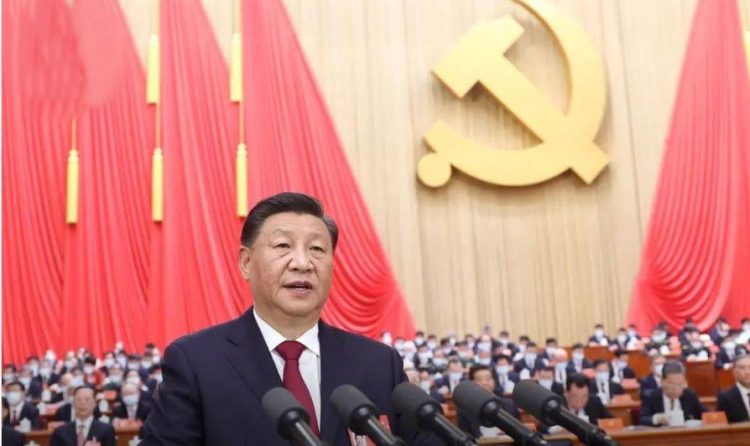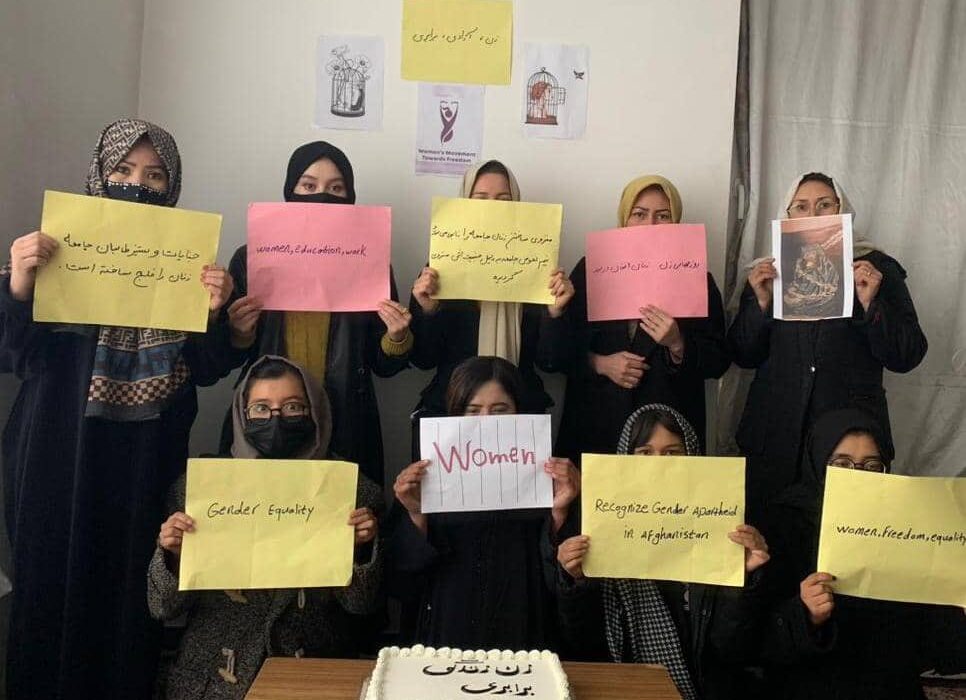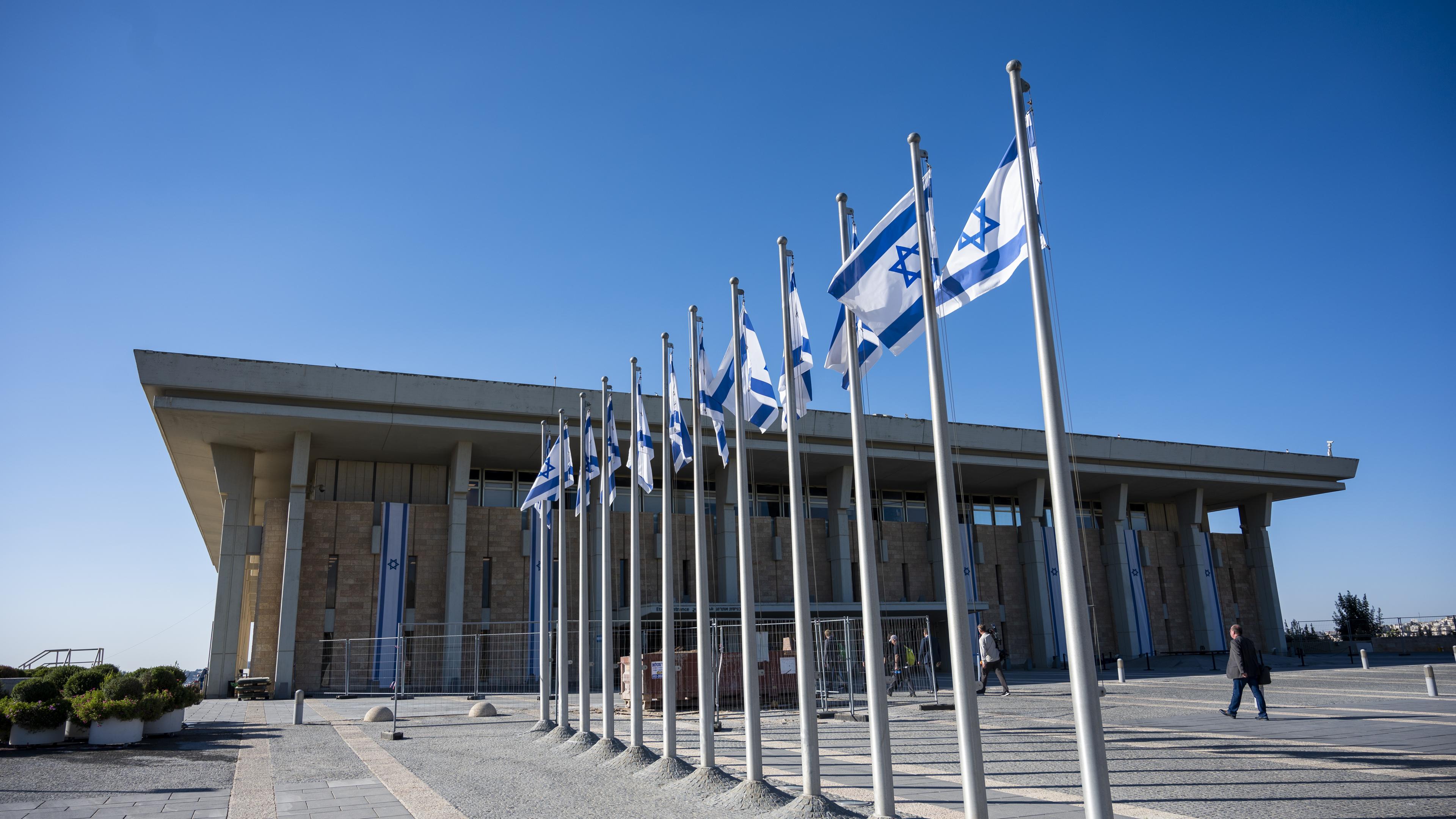Myanmar anti-junta activists accused of assassination plot die in custody, group says
2024.07.18

Myanmar's military chief Min Aung Hlaing stands in a car as he oversees a military display at a parade ground to mark the country's Independence Day in Naypyidaw on Jan. 4, 2023.
Two members of an anti-junta group accused of trying to kill Myanmar's junta leader died after being tortured during interrogation, a spokesperson for the group told Radio Free Asia.
Seven people were arrested on June 8, allegedly in possession of two 107 mm rockets and launchers, near the site of a bridge opening ceremony attended by the junta leader, Senior Gen. Min Aung Hlaing. Two more suspects were rounded up the following day, and another rocket was seized. Another four people were detained several days later in connection with the plot, junta-controlled media reported.
The Yangon-based Dark Shadow urban guerrilla group said four of the people arrested were its members and two of them died after being tortured.
'Comrade Shein Myint Mo Aung and Comrade Zaw Gyi died during the interrogation. Although we don't know exactly what date they died, they died at Ba Yint Naung Military Interrogation Center,” said the spokesperson, who declined to be identified for fear of reprisals. “The other two Dark Shadow members, Myo Thein Tun and Ye Zaw Tun, have been out of touch with their families and we don’t know whether they are dead or are still alive.”

The other nine people arrested, who are members of other guerrilla groups, are believed to be still in custody.
RFA called the Yangon region’s junta spokesperson, Htay Aung, to ask about the suspects but he did not respond by the time of publication.
RELATED STORIES
Myanmar guerrilla groups claim responsibility for bombings
Junta deploys first round of military recruits to Myanmar’s frontlines
Drafting of women underway in Myanmar, despite junta claims to the contrary
According to information released by junta-controlled newspaper Myanma Alin on June 17, the plot was foiled when informers told police the group was aiming to fire three 107 mm rockets at Yangon region’s Thanlyin Bridge No. 3 during its opening ceremony.
Myanmar had been in turmoil since the military ousted an elected government led by Nobel Peace Prize laureate Aung San Suu Kyi in early 2021 with many young democracy supporters taking up arms in a bid to end military rule after troops crushed protests.
As of Thursday, more than 5,400 civilians have died due to extrajudicial killings, public crackdowns on protests and attacks by land and air across the country, according to the Assistance Association for Political Prisoners, .
Translated by RFA Burmese. Edited by Kiana Duncan and Mike Firn.










